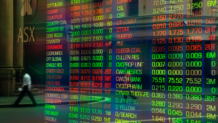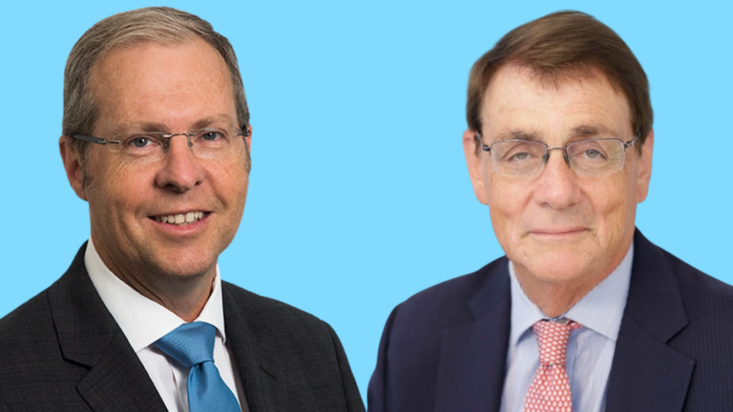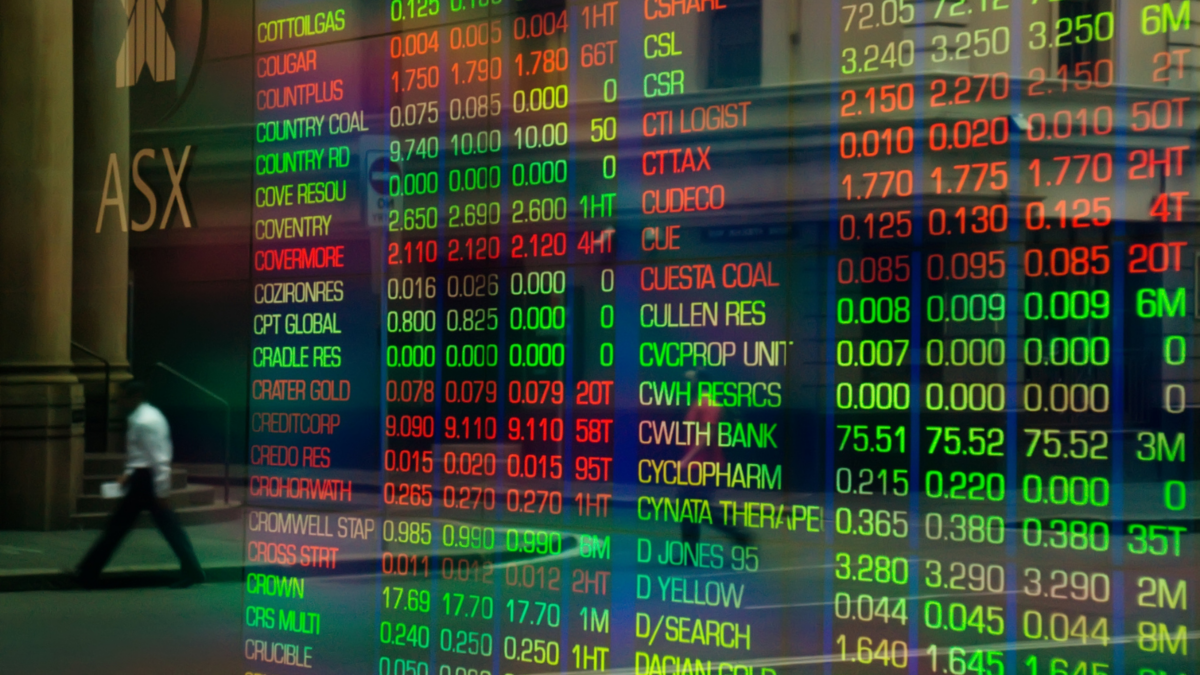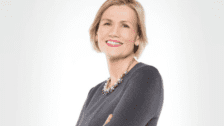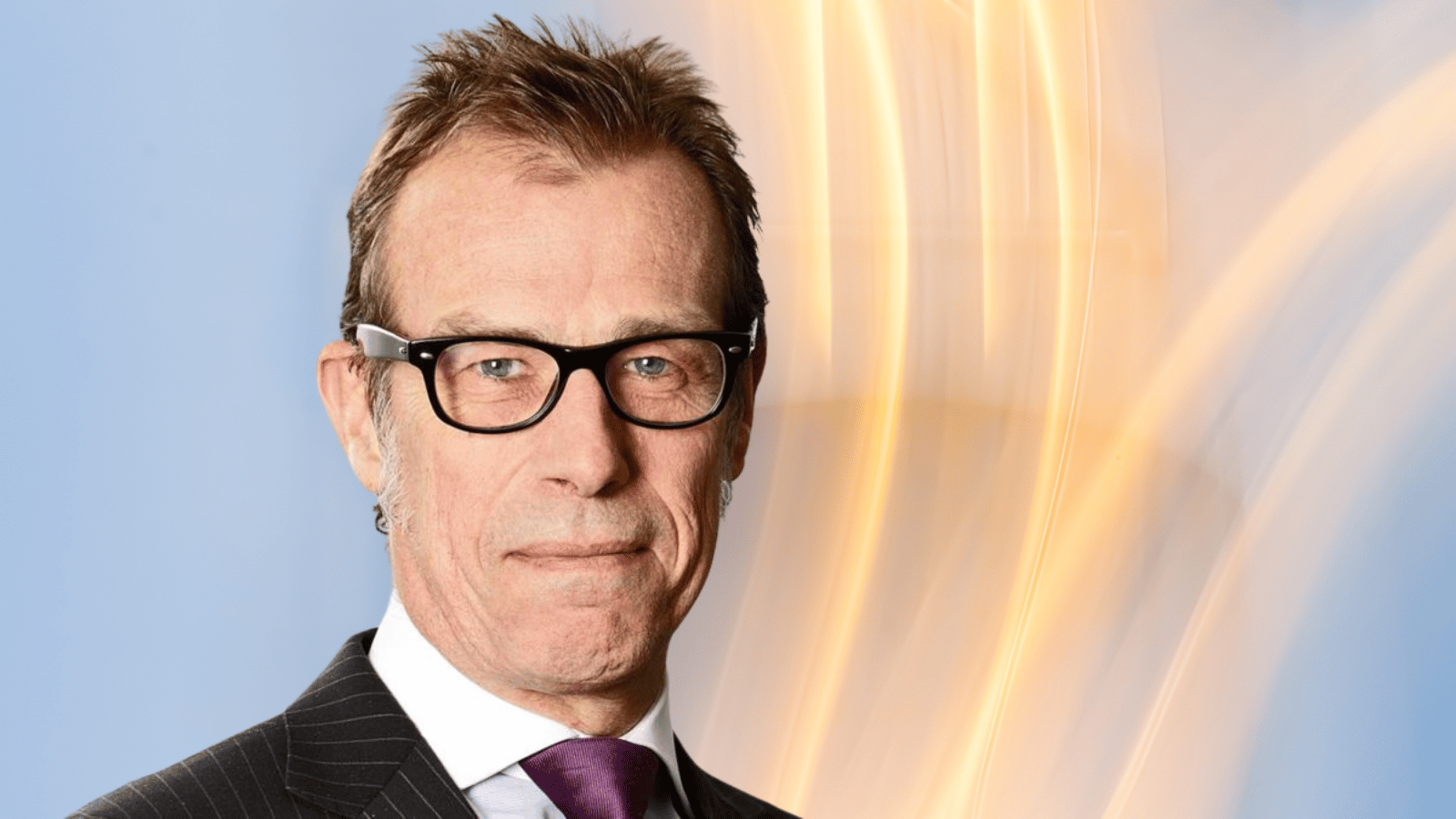Consumer sentiment down, spending still climbing as rates, inflation bite
Australian consumer sentiment is nearing early-1990s recession lows thanks to surging inflation and aggressive interest rate hikes, while growing household spending figures reflect higher prices and declining purchasing power, recent data from the Australian Bureau of Statistics and two major banks showed.
The Westpac-Melbourne Institute Consumer Sentiment Index score for November was 78, a 6.9 per cent drop from October’s reading of 83.7. It is close to the 75.6 print at the start of the COVID-19 pandemic in April 2020 and below the low point of the global financial crisis, Westpac chief economist Bill Evans (pictured, right) said in a November 8 research bulletin.
“Prior to that, we need to go back to the deep recession in the early 1990s to find a weaker read,” he said. Illustrating the heightened economic angst, nearly 40 per cent of consumers expect to spend less on Christmas gifts this year, the report said – the highest proportion since the index started including the question in 2009.
Evans attributed the weak sentiment to the ABS’ latest print showing inflation jumped from 6.1 per cent in June to 7.3 per cent in September, as well as a grim federal budget reception and interest rate rises. He noted that official forecasts predict inflation will keep ticking up this year and remain elevated through 2023.
The report said the government’s October budget also “unnerved” consumers with forecasts projecting electricity prices will increase by 56 per cent in the next two years.
“The budget looks to have been poorly received in terms of its immediate support for household finances,” Evans said, adding that Westpac surveys consumers on how each budget will likely affect their family finances over the next 12 months. “The proportion responding that the October budget has worsened their financial outlook was a historically high 35 per cent.”
Rising interest rates are also weighing on consumer confidence, the report said. It noted that the Reserve Bank of Australia (RBA) announced its seventh consecutive increase to the official cash rate midway through the survey week, with sentiment before the decision holding at 83.1 but dropping to 75.6 among those surveyed after the rate decision.
“Given that the move was widely anticipated, the negative response likely reflects the clear signal from the [RBA] that further increases can be expected,” Evans said.
Spending on the rise
Even as consumer sentiment declines, household spending is still increasing as higher prices bite and demand continues to recover from pandemic lockdowns. Spending figures for September were up 28 per cent over September 2021, according to the ABS’ monthly housing spending indicator.
Compared with pre-pandemic figures from September 2019, total household spending in September 2022 was up 19.8 per cent. It was the 19th consecutive month of year-over-year spending increases, said Jacqui Vitas, head of macroeconomic statistics at ABS.
“There continued to be strong increases coming off the back of last year’s COVID-19 Delta lockdowns,” Vitas said. “Spending in clothing and footwear (up 73.1 per cent), hotels, cafes and restaurants (up 60.6 per cent), and transport (up 53 per cent) all saw strong increases due to reduced spending from lockdown in these categories.”
Commonwealth Bank of Australia (CBA)’s Household Spending Intentions (HSI) Index rose by 0.9 per cent in October, to 116, further reflecting higher goods and services pricing as inflation digs in. The gains stemmed in part from 3.7 per cent higher spending in the household services sector, 3.3 per cent higher retail spending and 2.1 per cent higher spending on entertainment, the index showed.
At the same time, spending in half the index’s 12 categories declined, and the annual spending growth rate in October fell to 7.4 per cent from 14.1 per cent in September.
“Increased household spending in October reflected higher prices and seasonality, with discretionary spending continuing to weaken in response to increased interest rates,” CBA chief economist Stephen Halmarick (pictured, left) said.
“However, this marginal increase in spending was narrowly based and focused on the household services, retail and entertainment sectors,” he added. “Cost-of-living pressures saw many spending categories continue to weaken and there was a marked decline in total spending growth from September.”
Moreover, the higher interest rates already weighing on sentiment are likely sticking around for a while, the report said. CBA’s economists are forecasting another 25-basis-point increase from the RBA in December, with the cash rate peaking at 3.1 per cent before beginning to come down in late 2023. Westpac projects several more increases and a 3.85 per cent peak.
“As the RBA rate hikes flow through the economy, we would expect to see further declines in a number of HSI categories, although elevated inflation and higher prices could continue to lift nominal spending for a while yet,” Halmarick concluded.

